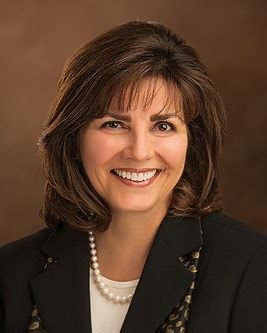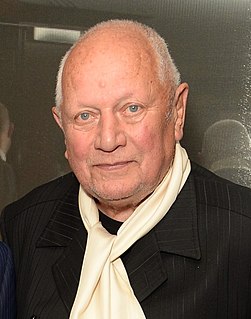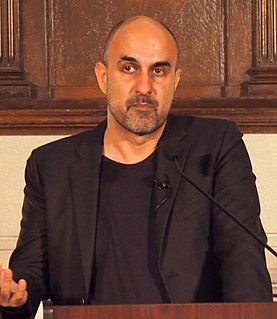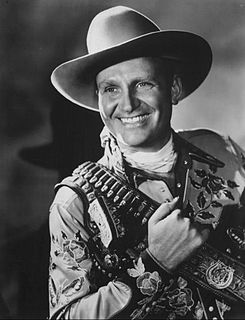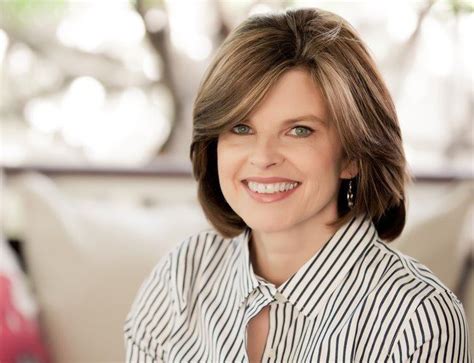A Quote by Seamus Heaney
In my early teens, I acquired a kind of representative status: went on behalf of the family to wakes and funerals and so on. And I would be counted on as an adult contributor when it came to farm work - the hay in the summertime, for example.
Related Quotes
Earthly families all look different. And while we do the best we can to create strong traditional families, membership in the family of God is not contingent upon any kind of status - marital status, parental status, financial status, social status, or even the kind of status we post on social media.
After graduation, I wanted to work for 'Sassy', which I loved, but it had folded. So I wound up at 'Seventeen' for three years on staff and two as a contributor, and I wrote these great stories that nobody ever believes 'Seventeen' does. Serious stories for teens about social justice issues - gun control, migrant farm workers.
The technologies which have had the most profound effects on human life are usually simple. A good example of a simple technology with profound historical consequences is hay. ... It was hay that allowed populations to grow and civilizations to flourish among the forests of Northern Europe. Hay moved the greatness of Rome to Paris and London, and later to Berlin and Moscow and New York.
I was 12 when I ordered my first guitar out of the worn and discolored pages of the Sears and Roebuck catalog. The story that I bought it on the installment plan is untrue, the invention of a Hollywood press agent. Local color. I paid cash, $8, money I had saved as a hired hand on my uncle Calvin's farm, baling and stacking hay. Prairie hay, used as feed for the cattle in winter. It was mean work for a wiry boy, but ambition made me strong.
The technologies which have had the most profound effects on human life are usually simple. A good example of a simple technology with profound historical consequences is hay. Nobody knows who invented hay, the idea of cutting grass in the autumn and storing it in large enough quantities to keep horses and cows alive through the winter. All we know is that the technology of hay was unknown to the Roman Empire but was known to every village of medieval Europe. Like many other crucially important technologies, hay emerged anonymously during the so-called Dark Ages.
Growing up on a farm, I saw that if I didn't go to the military or go to school, and I knew my mom and my family wasn't going to be able to send me to school out of their pocket, so it basically came down to athletics. I knew I didn't want to work on a farm. I knew I didn't want to do manual labor the rest of my life.


